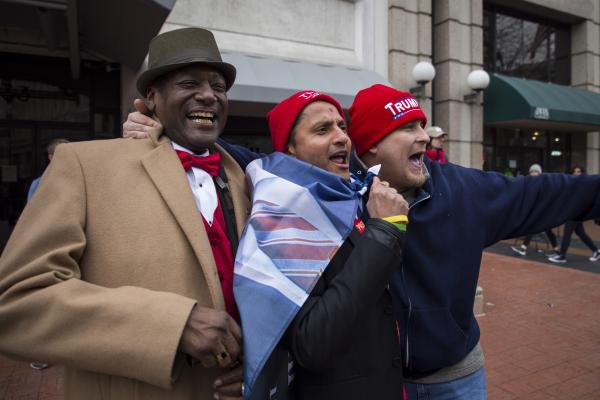Jan 23, 2017
America is beautiful because we have the power to define what it means to be American.
Too often, we immigrants define what is "American" by what white culture tells us it should be. We internalize colonialism and let it run thickly in our veins: We give our offspring English names because we’re embarrassed of our language, or afraid that our children won’t be accepted with anything too “exotic.” We eagerly give up a culture that so proudly raised us. I’ve watched as we villainize black people and turn our backs on undocumented immigrants.
Read the Full Article

Already a subscriber? Login
